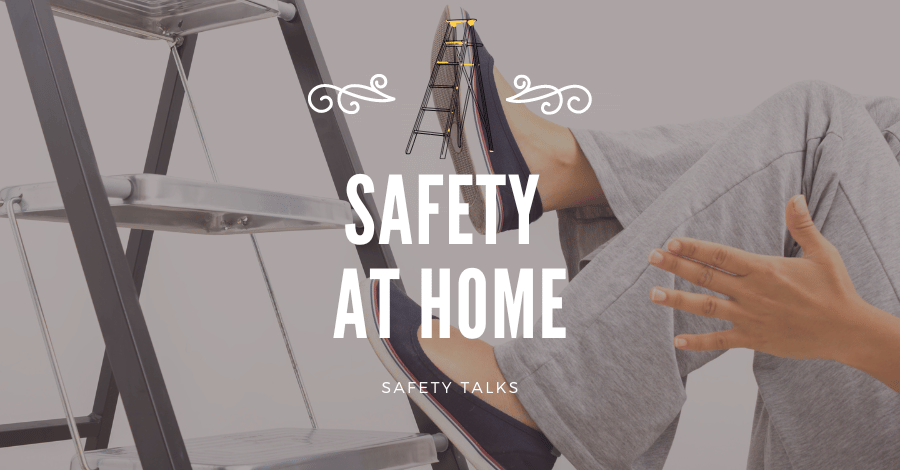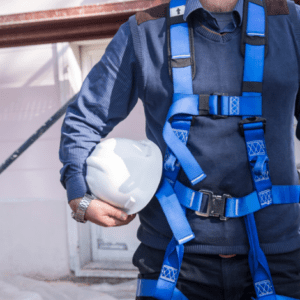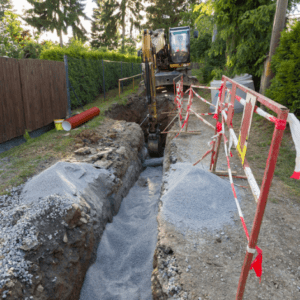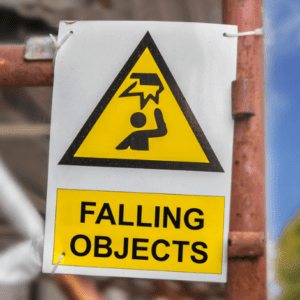
All work related health and safety training and talks aim to encourage workers to work safely. They also provide them with the tools to make safe work environments and consider workplace health and safety. Additionally, home related safety is imperative as it relates to everyone’s health and well being.
Accident data indicates that homes experience more accidents than any other location.
In the event of an accident at home, carelessness and lack of safety precautions cause similar problems at work.
Both at work and at home, it’s important to have security measures in place.
To stay healthy and safe on the road, motorists should follow proper safety procedures.
Home safety relies on maintaining control.
Pedestrians should be cautious when walking near cars.
Don’t speed up your work.
Keep your vehicle in good working order so it stays in top condition.
Pay attention to other motorists.
Avoid exceeding maximum braking distances.
For the sake of maintaining the company’s image, be polite when riding in company vehicles.
Drinking and driving is not the same action.
Avoid riding when you’re disabled or intoxicated.
Playing games provides safety.
Avoid overworking yourself.
Before exercising, always stress less by relaxing.
Solidify your understanding of the proper rules and regulations for game hunting and boating by studying up.
Familiarize your family with the proper rules of play and be careful.
Younger or more athletic people naturally have higher limits. Don’t try to keep up with them. You are where you are.
Eye protection is a mandatory requirement for all safety talks.
Home security systems are important for protecting homes.
Enables users to safely navigate obstacles.
Don’t overextend yourself when standing on a ladder.
Keep energy consumption low by minimizing electrical loads.
Familiarize your family with dangerous realities.
Familiarize yourself with basic first aid and cardiopulmonary resuscitation.
A reliable emergency security system keeps residents safe from harm at home.
Canadians must be prepared for emergencies that occur throughout the country. This is why knowing how to respond is part of being prepared.
In case of an emergency, you need to be prepared to care for yourself and your family for at least 72 hours.
Create an emergency plan and pursue it.
Keep a disaster preparedness kit handy.
Prior to lending a hand, ensure your safety.
Get news from the radio or television; follow the advice of public officials.
Until someone orders you to move or the situation becomes safe, stay where you are.
When leaving your home, ensure your security by:
Officials demand that electricity and water be shut off before they allow you to depart.
Ensure the security of your home by securing the doors.
The gas company has to reconnect your natural gas service when you shut it off. They’ll need to do this during a crisis, which can delay response times for weeks.
Find out about emergency risks in your area by working with your team. The next step is to come up with plans for how to prepare for various scenarios such as hurricanes, ice storms, floods and storm surges.
What emergency supplies you need at home should be discussed in a separate section.




0 Comentários